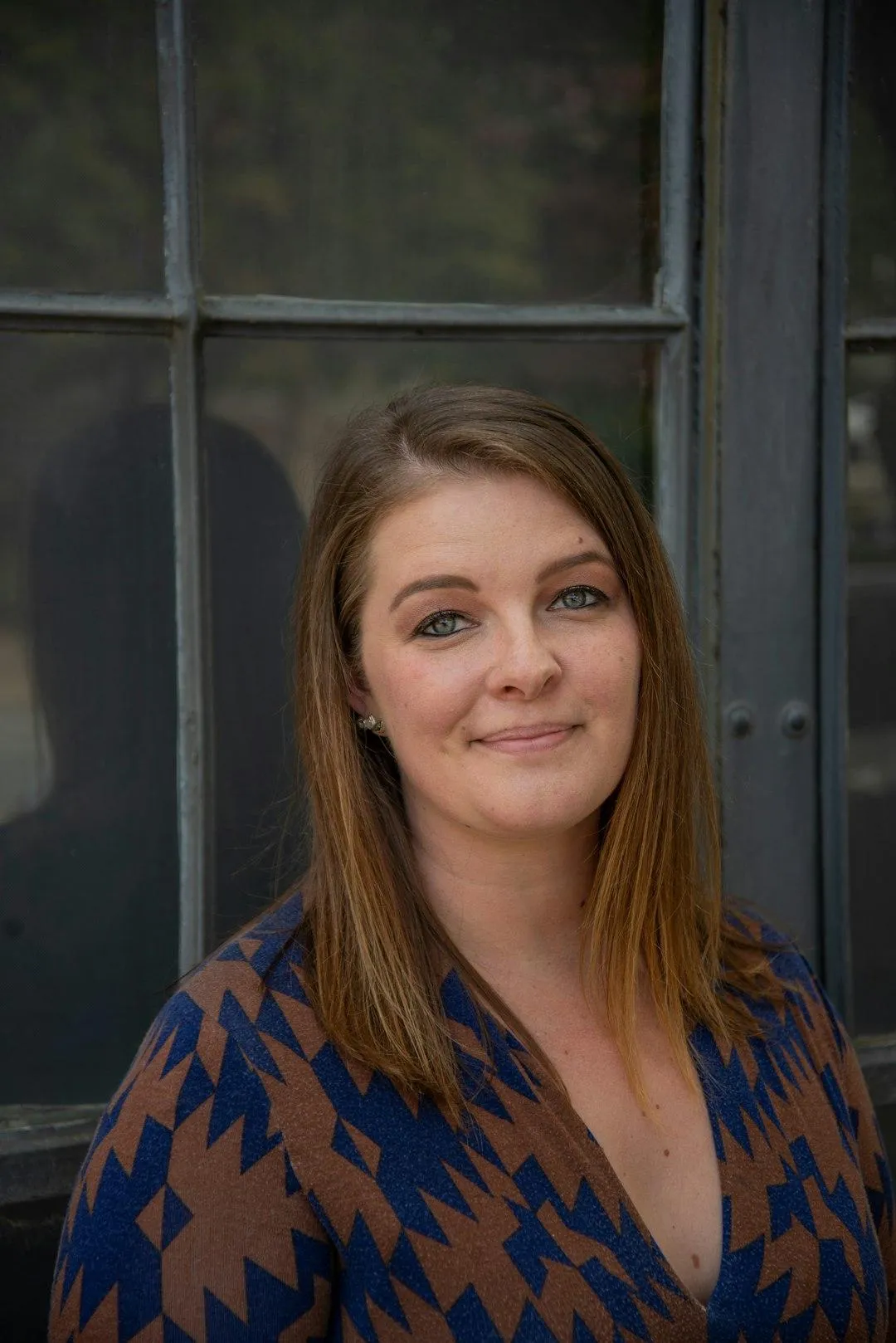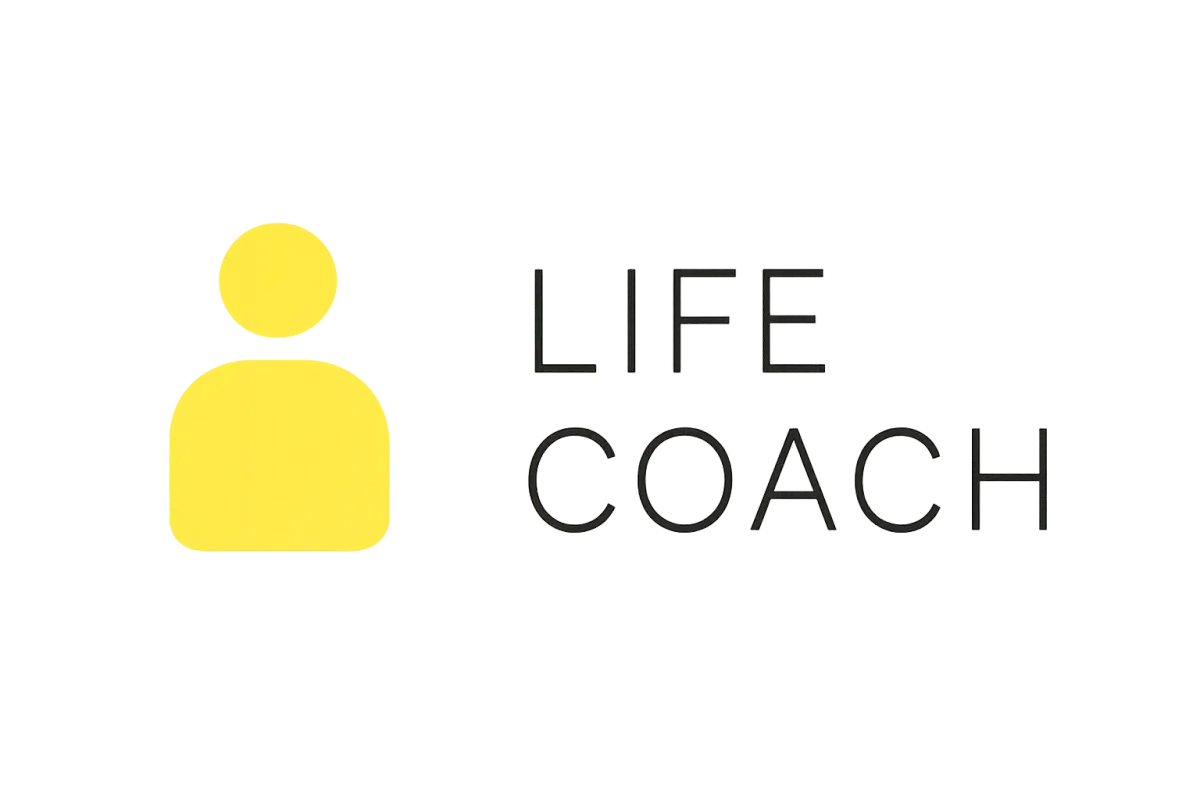THIS SITE IS CURRENTLY UNDER CONSTRUCTION
Tired of
White-Knuckling
Your Success?
Executive Leadership Coach
helping ADHD women
get regulated and
get what they want.

Oh hey there.
Hi. I'm Amy.
I know what it's like to effortlessly run a board meeting... yet completely shut down in a 5-minute conversation that would change everything.
I've left meetings kicking myself.
I've spent the car ride home replaying what I wished I'd said.
You've tried planners. Productivity apps.
Leadership trainings. Even feminist mindset coaches.
Here's the secret they're missing:
Our brains aren't broken. The system is.
And you can't think your way out of a nervous system problem.
Fun Fact: You can't plan or assess or thought work your way out of emotional dysregulation.
Mission
Our Purpose

Is to guide individuals toward greater clarity, confidence, and aligned living — through meaningful coaching and intentional growth.
Create space for self-discovery and personal breakthroughs
Empower action through clarity and mindset shifts
Support growth with empathy, structure, and accountability
Encourage purpose-driven choices and long-term fulfillment
Build lasting transformation through deep, honest conversations
What I Offer
Stop Spinning Out. Get Your Power Back.
13+
Years Real-World Coaching Expertise
1000+
Spirals Successfully Interrupted
0
F*cks Given About Being Who I Am
I don’t give you neurotypical scripts for your neurodivergent brain.
I don’t cheer you on to "try harder."
How We Do It
No More Neurotypical Scripts. Just a Proven Framework.
My How to L.E.A.D. Method isn't another pep talk.
It's a proven, neurological framework for regulation and power.
1. Liberation through Safety:
We use "Emotional Strength Training" to rewire your freeze/fawn response. You’ll learn to feel safe even when you feel unsafe.
2. Embodiment of New Beliefs:
We gently move your inner critic, "Helga," to the passenger seat so your visionary "Gigi" can finally drive.
3. Assert Your Usable Power:
We calculate the real-world dynamics in any situation, so you know when to speak, when to hold, and how to make impact without self-destructing.
4. Direction with Clarity:
This is the container where it all comes together. You’ll learn to lead like yourself - powerful, authentic, and free from the exhausting performance.

This is for you if...
You’re a high-achieving woman leader who’s secretly exhausted from pretending you have it all together.
You’ve tried "empowering" coaching, but it didn't stick in the moments that mattered.
You know how you function doesn't jive with how the world functions - and it's a repeat roadblock.
You’re ready to stop fighting your brain and start leveraging its incredible strengths.
Process
Our Coaching Process

1 - Book Your Free Discovery Call
We’ll connect to explore your goals and see if we’re the right fit.
2 - Clarity & Roadmap
Together, we define your vision and create a personalized plan for growth.
3 - Weekly Coaching Sessions
We meet regularly for powerful conversations, tools, and accountability.
4 - Sustainable Transformation
You walk away with clarity, confidence, and lasting mindset shifts.
Testimonials
Leaders Who've Stopped The Spiral
"Lorem ipsum dolor sit amet, consectetur adipiscing elit. Nulla facilisi. Sed euismod, nunc id fermentum placerat, felis sapien tincidunt nulla, at vehicula libero erat a nulla."

John Doe
"Lorem ipsum dolor sit amet, consectetur adipiscing elit. Nulla facilisi. Sed euismod, nunc id fermentum placerat, felis sapien tincidunt nulla, at vehicula libero erat a nulla."

Michelle Doe
"Lorem ipsum dolor sit amet, consectetur adipiscing elit. Nulla facilisi. Sed euismod, nunc id fermentum placerat, felis sapien tincidunt nulla, at vehicula libero erat a nulla."

Sarah Doe
FAQs
Frequently Asked Questions
How is this coaching different than therapy?
Therapy is great for unpacking your past and why you are the way you are.
Coaching shows you how to change the pattern, right now. We focus on the "what to do when you feel the freeze coming on." It's practical, forward-moving, and focused on your present-day leadership.
How is this different from other leadership coaching?
We go beyond Google-able strategies and systems. I blend neuroscience (somatic safety), belief rewiring, and a social justice lens (Usable Power). It's a full-system upgrade that works, no matter your leadership style.
What's your signature L.E.A.D. program include?
My signature program includes the How to L.E.A.D foundation, weekly 1:1 sessions, and all coaching materials. It's designed to create an unshakable foundation of internal safety and external power.
How do I get a taste of your method before committing?
Take me up on my free offer - Stop The Spiral. It'll give you an immediate tool to put to the test, and give you a flavor of how I work. It's the perfect first step.
What if I don't have ADHD?
The program is designed for anyone whose brain doesn't fit the 'standard' mold - whether that's ADHD, anxiety, high sensitivity, or just a general feeling that 'how you're supposed to operate' doesn't work for you. If you freeze, fawn, or feel dysregulated under pressure, this is for you.
I'm super busy. Is this more homework?
Nope. This is work that replaces the exhausting homework you're already doing - the overthinking, the replaying, the preparing-for-conversations-that-never-happen. We swap that drain for simple, 60-second tools you use in the moment.
Is coaching confidential?
Absolutely. Everything shared during coaching is kept private and confidential in a safe, judgment-free space. I ask permission before sharing examples for marketing purposes.
Do you offer payment plans? Do you accept insurance?
While my services are not covered by insurance or flex spending, I do offer flexible payment options for coaching packages to make support accessible and as stress-free as possible.
Everything you want
is on the other side of the conversations
you’re avoiding.

COMPANY
SUPPORT
LEGAL
FOLLOW US
© Copyright 2013-2025 | All Rights Reserved.
